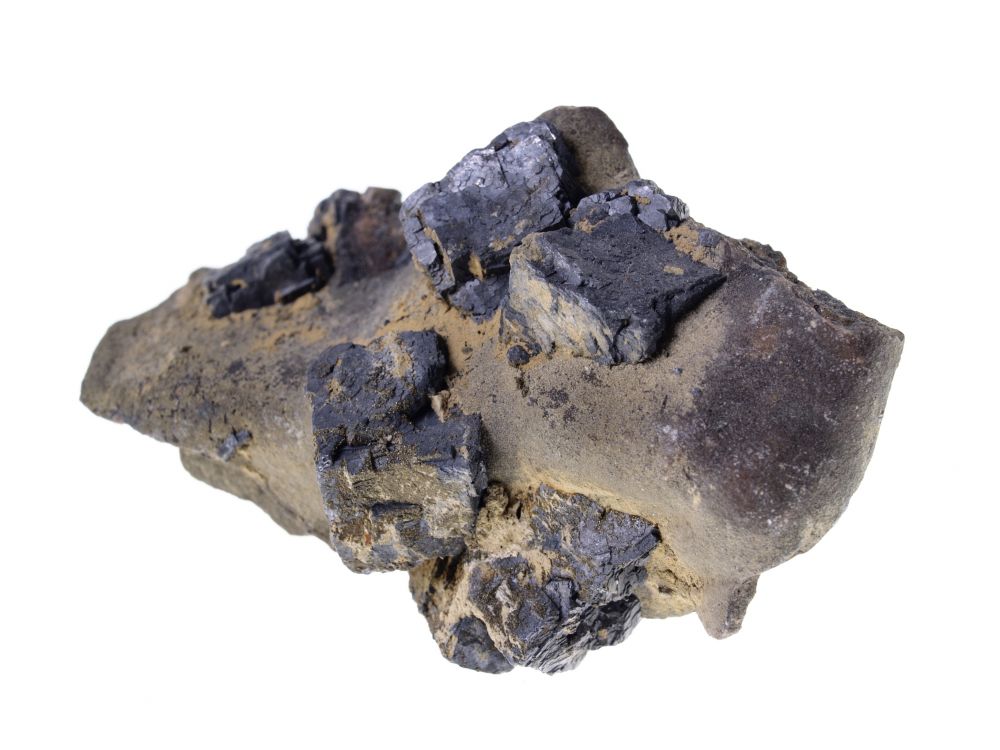Metallic minerals are an essential component of modern society. They are used in various industries, including construction, electronics, transportation, and energy. In this blog post, we will explore the world of metallic minerals, their types, uses, and importance in different industries.
What are Metallic Minerals?
Metallic minerals are naturally occurring substances that contain metals in their chemical composition. They are usually found in the earth's crust and are extracted through mining. Some of the most common metallic minerals include gold, silver, copper, iron, zinc, and nickel.
Types of Metallic Minerals:
There are two types of metallic minerals: ferrous and non-ferrous. Ferrous minerals contain iron, while non-ferrous minerals do not. Ferrous minerals include iron ore, manganese, and chromite, while non-ferrous minerals include copper, lead, zinc, and nickel.
Uses of Metallic Minerals:
Metallic minerals have a wide range of uses in various industries. For instance, gold and silver are used in jewelry and coins, while copper is used in electrical wiring and plumbing. Iron is used in construction, machinery, and transportation, while zinc is used in galvanizing steel and as a dietary supplement.
Importance of Metallic Minerals:
Metallic minerals play a crucial role in the global economy. They are a source of revenue for many countries and provide employment opportunities for millions of people. Moreover, they are essential for the development of infrastructure and the growth of industries.
Conclusion:
In conclusion, metallic minerals are an integral part of modern society. They are used in various industries and have significant economic and social importance. As the demand for these minerals continues to grow, it is essential to ensure their sustainable extraction and use to minimize their environmental impact.



